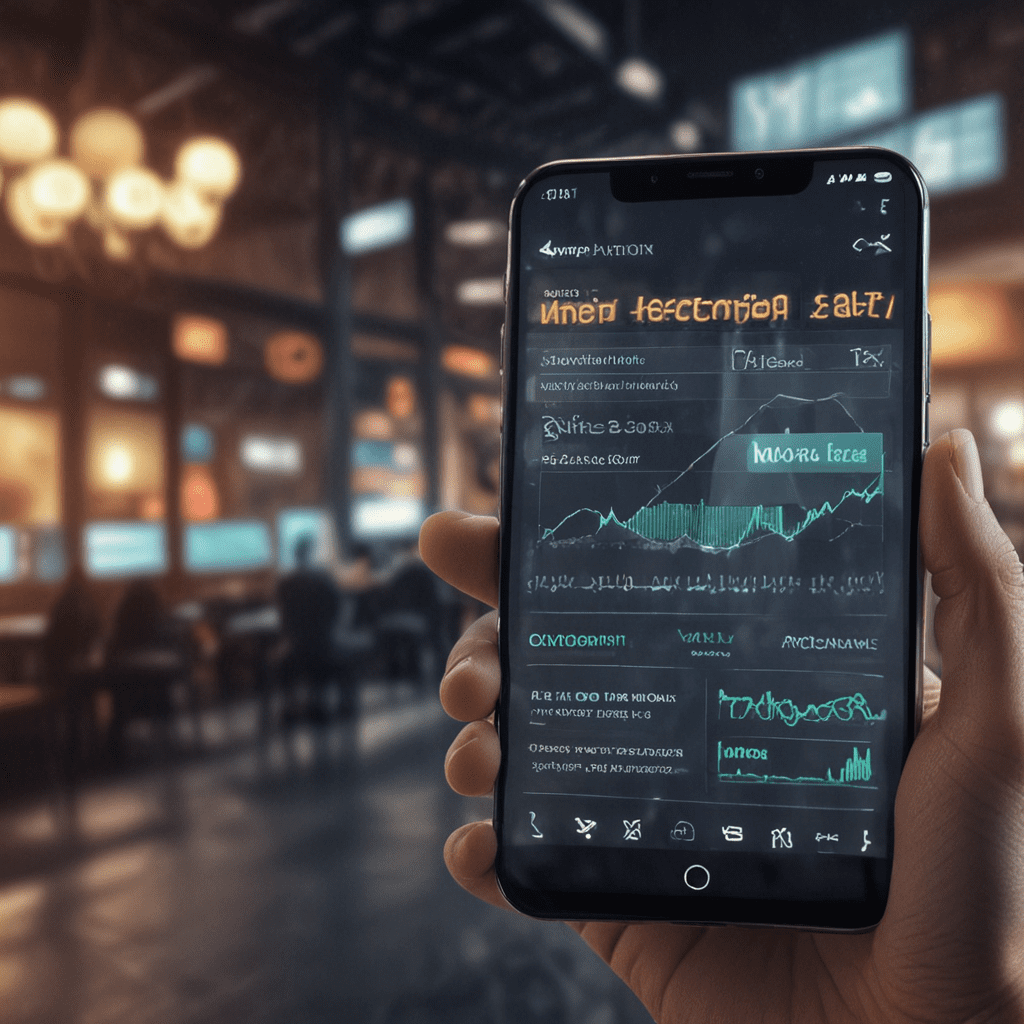
1. Introduction
The advent of mobile apps has revolutionized our lives, offering seamless access to information, entertainment, and essential services. As mobile devices become increasingly sophisticated, there's a growing demand for apps that are not only feature-rich but also efficient, user-friendly, and performant. Bio-inspired computing, inspired by biological processes and natural systems, is emerging as a powerful tool in mobile app development, offering innovative solutions to these challenges.
2. Bio-Inspired Computing: An Overview
Bio-inspired computing encompasses a range of algorithms and techniques that draw inspiration from the principles and behaviors observed in nature. It aims to create computational models that mimic the problem-solving capabilities of biological systems, such as optimization, learning, and adaptation. By leveraging the wisdom of nature, bio-inspired computing offers novel approaches to solving complex problems faced in mobile app development.
3. Types of Bio-Inspired Computing Algorithms
The field of bio-inspired computing encompasses a diverse array of algorithms, each inspired by a unique biological phenomenon. Some common types of bio-inspired algorithms include:
- Evolutionary algorithms: These algorithms simulate the process of natural selection, where solutions evolve over time through mutation, selection, and crossover.
- Swarm intelligence algorithms: Inspired by the collective behavior of swarms, these algorithms enable solutions to optimize by sharing information and adapting to their environment.
- Artificial neural networks: These algorithms mimic the structure and functionality of the human brain, allowing for complex pattern recognition and learning tasks.
- Fuzzy logic algorithms: These algorithms handle uncertain and imprecise data by imitating the human brain's ability to reason and make decisions in the absence of complete information.
4. Applications in Mobile App Development
Bio-inspired computing has a wide range of applications in mobile app development, including:
- Optimization of mobile app performance: Bio-inspired algorithms can optimize code efficiency, reduce memory usage, and improve battery life, enhancing the overall performance of mobile apps.
- Enhancing mobile app user experience: By leveraging natural language processing and image recognition, bio-inspired algorithms can create more intuitive and user-friendly mobile apps.
5. Optimization of Mobile App Performance
Bio-inspired computing plays a crucial role in optimizing mobile app performance. Here are some key areas where it can make a significant impact:
- Code optimization: Bio-inspired algorithms can analyze code and identify areas for improvement, optimizing code structure and reducing unnecessary operations.
- Memory management: By mimicking biological self-organizing systems, bio-inspired algorithms can optimize memory allocation and garbage collection, reducing memory usage and improving app stability.
- Energy efficiency: Inspired by the low-power consumption of biological systems, bio-inspired algorithms can develop strategies to reduce energy usage, extending battery life and improving app usability.
6. Enhancing Mobile App User Experience
Bio-inspired computing can greatly enhance the user experience of mobile apps:
- Natural language processing: Bio-inspired algorithms enable apps to understand and interact with users in a natural language, improving accessibility and ease of use.
- Image recognition: By leveraging computer vision techniques, bio-inspired algorithms empower apps to recognize objects, scenes, and faces, enabling augmented reality and image-based navigation.
7. Artificial Intelligence Integration
Bio-inspired computing accelerates the integration of AI into mobile apps:
- Machine learning: Bio-inspired algorithms can learn from data and improve their performance over time, enabling apps to adapt to changing user preferences and provide personalized recommendations.
- Deep learning: Inspired by the structure and functionality of the human brain, deep learning algorithms can process complex data, such as images and speech, unlocking new possibilities for mobile apps.
8. Implementation Challenges
Despite its potential, implementing bio-inspired computing in mobile app development faces some challenges:
- Computational complexity: Some bio-inspired algorithms can be computationally intensive, requiring optimization techniques to ensure real-time performance on mobile devices.
- Data requirements: Machine learning and deep learning algorithms require substantial training data, which can be challenging to acquire for mobile app development.
9. Future Trends and Advancements
The field of bio-inspired computing is continuously evolving:
- Neuromorphic computing: Inspired by the human brain, neuromorphic computing aims to create hardware that mimics the brain's processing capabilities, promising significant advancements in mobile app performance and efficiency.
- Quantum computing: Leveraging the principles of quantum mechanics, quantum computing has the potential to solve complex problems that are intractable with classical computing, opening up new possibilities for bio-inspired computing in mobile app development.
10. Conclusion
Bio-inspired computing is a powerful tool that revolutionizes mobile app development. By harnessing the wisdom of nature, bio-inspired algorithms optimize app performance, enhance user experience, and integrate AI capabilities. As the field continues to advance, we can expect even more groundbreaking applications of bio-inspired computing in mobile apps, transforming the way we interact with technology.
FAQ
What are the benefits of using bio-inspired computing in mobile app development?
- Bio-inspired computing offers numerous benefits, including performance optimization, user experience enhancement, and AI integration.
What are the challenges in implementing bio-inspired computing in mobile apps?
- Computational complexity and data requirements are key challenges to address during implementation.
What is the future of bio-inspired computing in mobile app development?
The future holds exciting advancements, such as neuromorphic computing and quantum computing, promising transformative possibilities for mobile apps.
